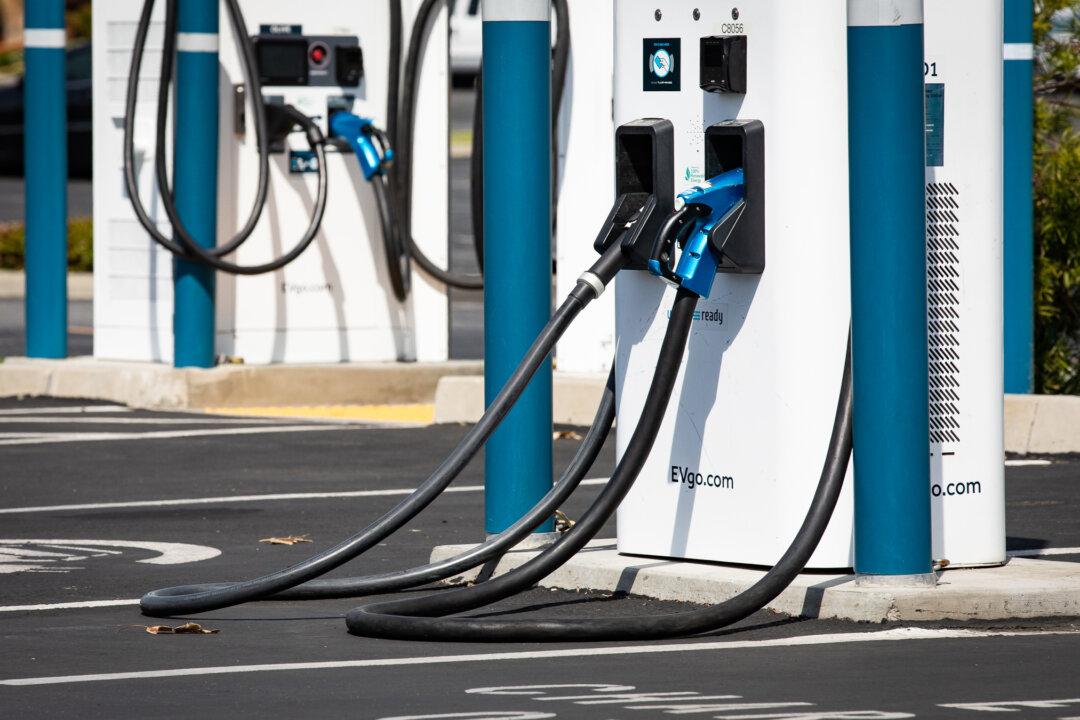Commentary
The fourth quarter of 2023 was not good for electric vehicles (EV). Multiple manufacturers decided to curb or halt production. Ford, in particular, decided to cut its F150 Lightening Truck series in half. Roughly 4,500 auto dealers signed on to a letter petitioning the Biden administration to “tap the breaks” on its aggressive EV push, because of EVs stacking up on dealer lots.

